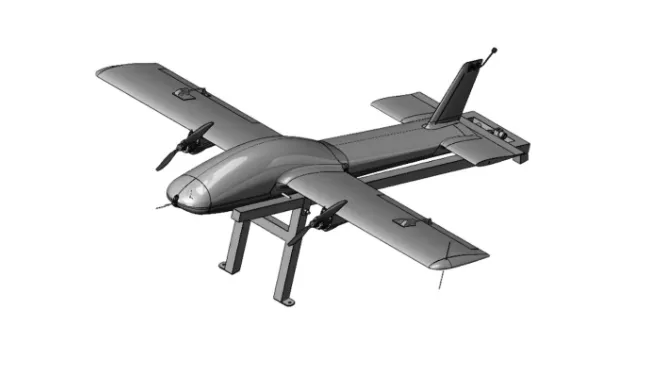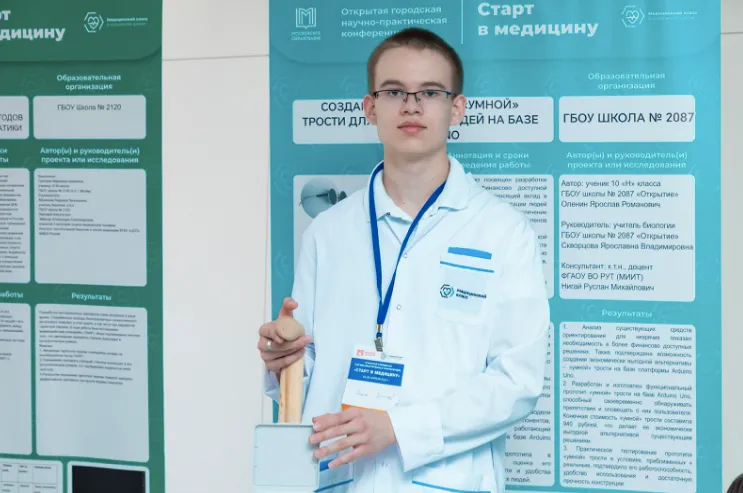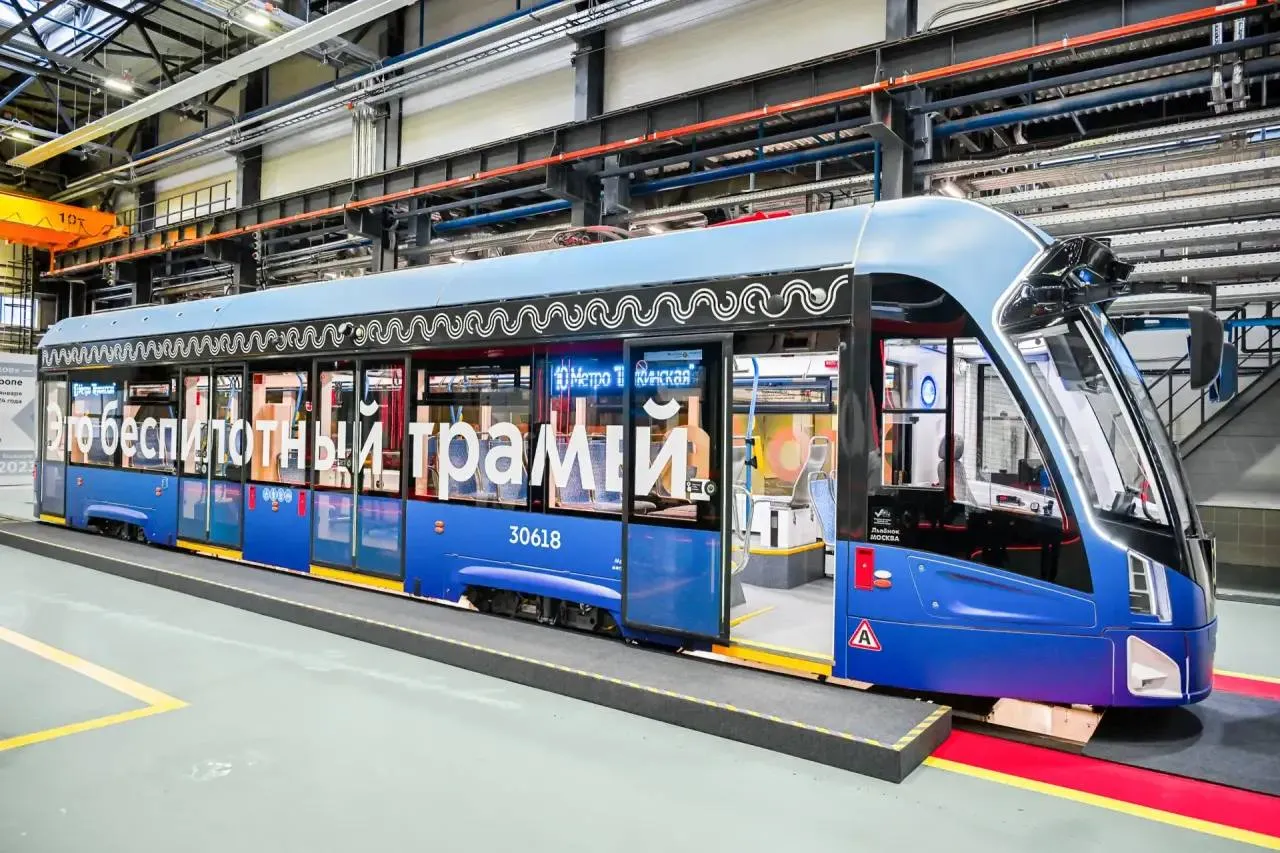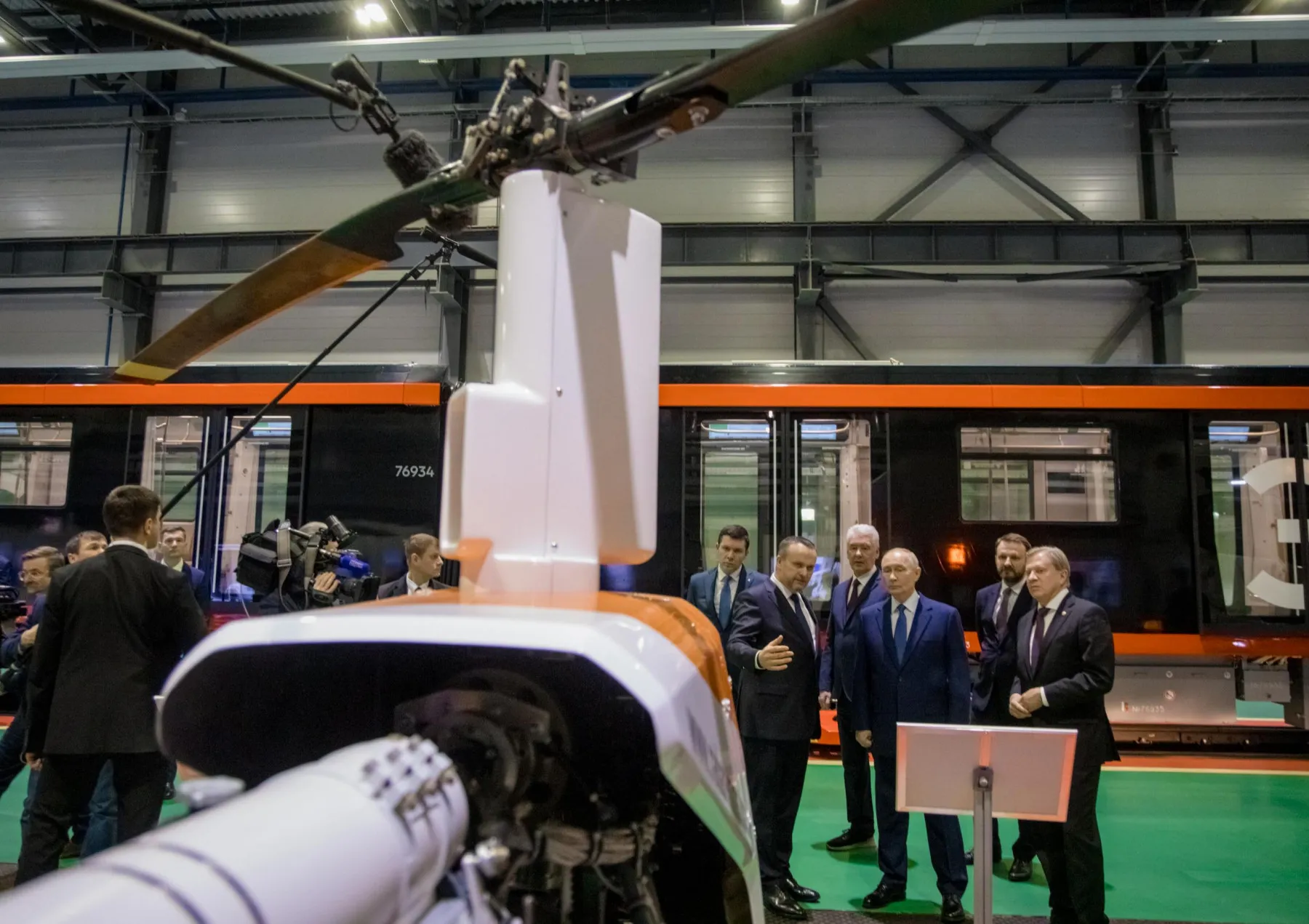Russian University Builds Electric Buggy to Test Batteries and Motors
The “Megavolt” platform from Moscow’s leading tech institute serves as a real-world testbed for EV batteries, power systems, and digital twin technologies.
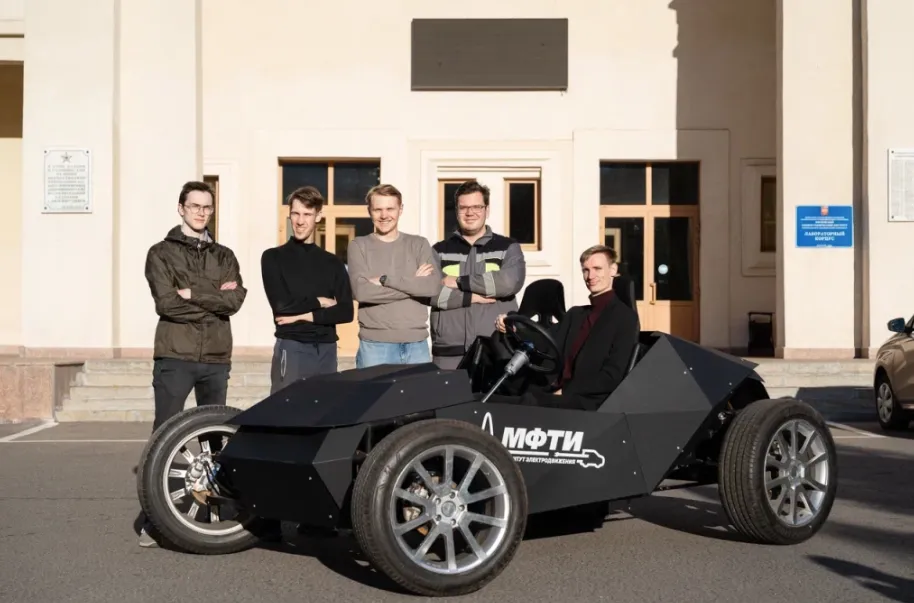
Researchers and students at Moscow Institute of Physics and Technology (MIPT) have developed an electric buggy called Megavolt — a universal testing platform for electric vehicle batteries and propulsion systems. The goal is to help Russian manufacturers of EVs and specialized machinery validate new technologies under real-world driving conditions rather than in static labs.
Using the buggy, engineers can collect live performance data to refine computer simulations and digital twins, improving accuracy in predicting how power systems behave under different loads. This approach significantly reduces both development time and costs for new electric transport technologies.
Compact, Fast, and Modular
The Megavolt is agile and lightweight, reaching speeds of up to 86 km/h (53 mph) with a range of 74 km (46 miles) — enough for proving-ground tests, though its parameters can be modified as needed. Its modular architecture allows quick swapping of battery modules and reconfiguration of power electronics for different experiments.
Equipped with liquid cooling for the battery, the system can handle high thermal loads during intensive tests. MIPT plans to make the platform available to research institutions and industry partners, with the potential to expand the concept to other types of electric transport.













